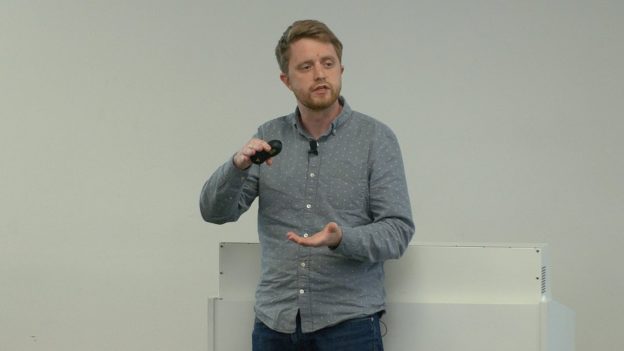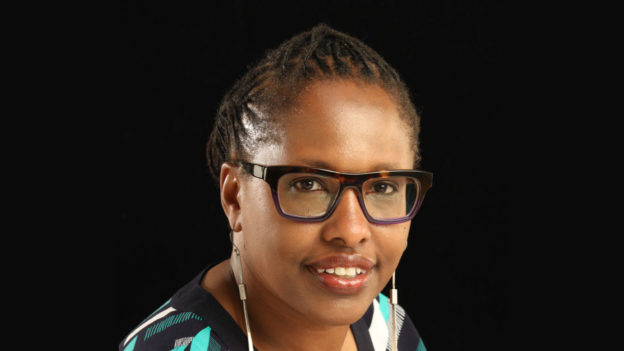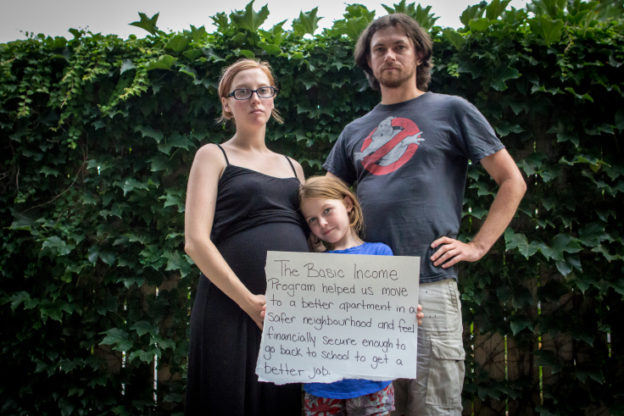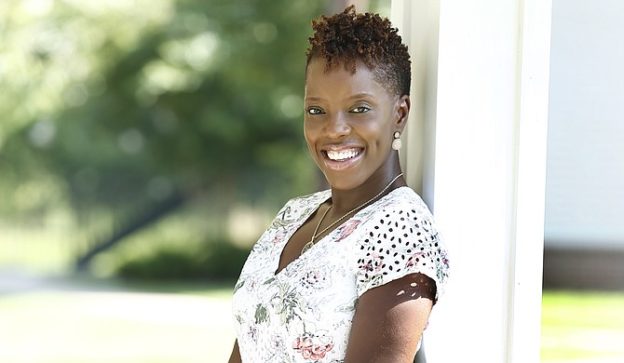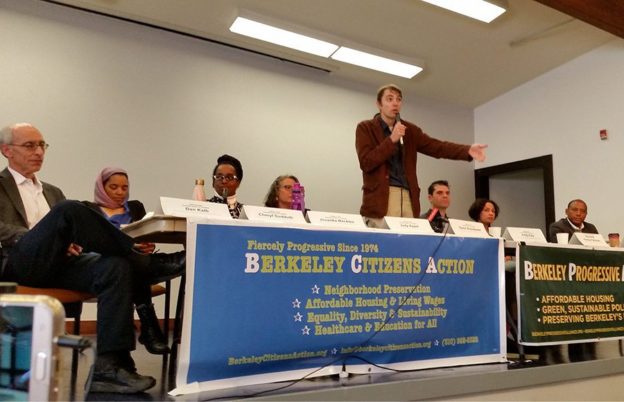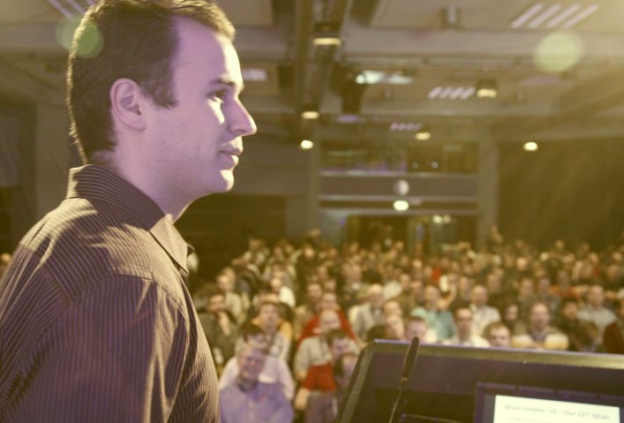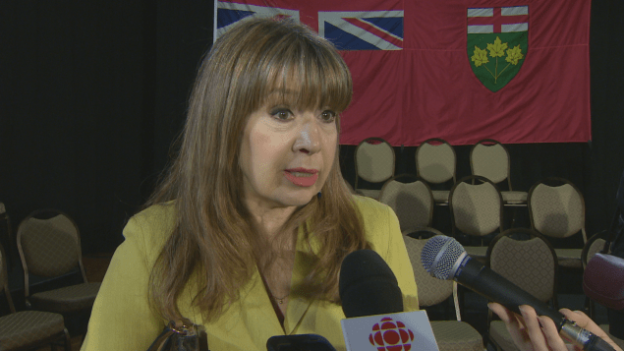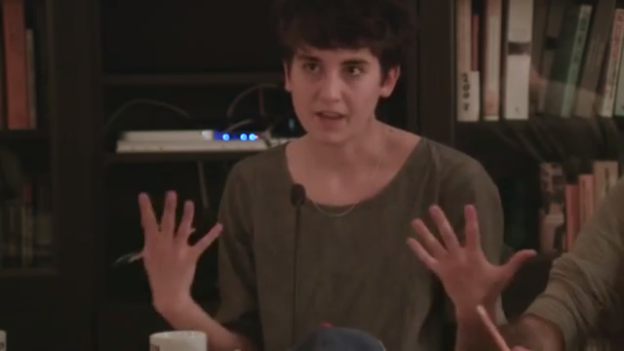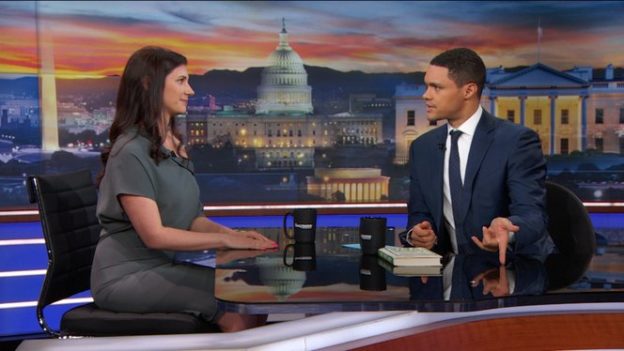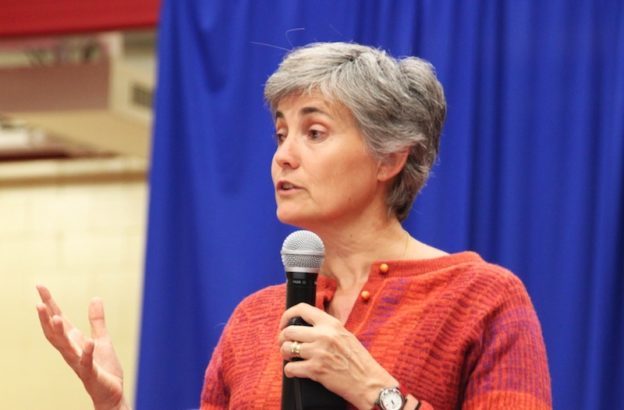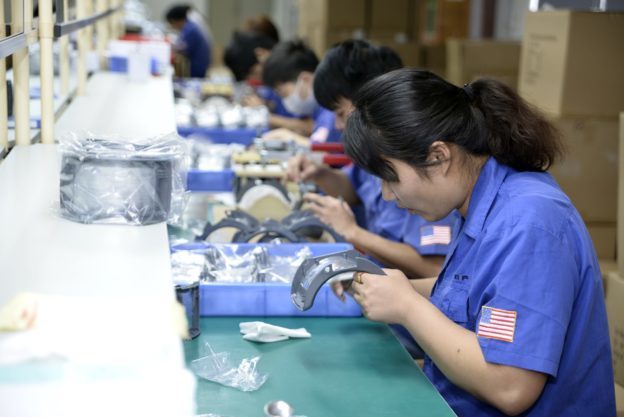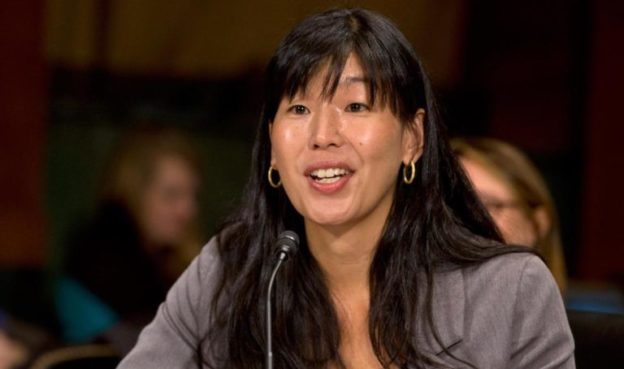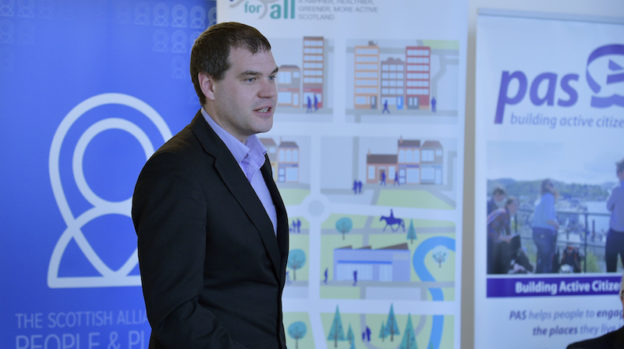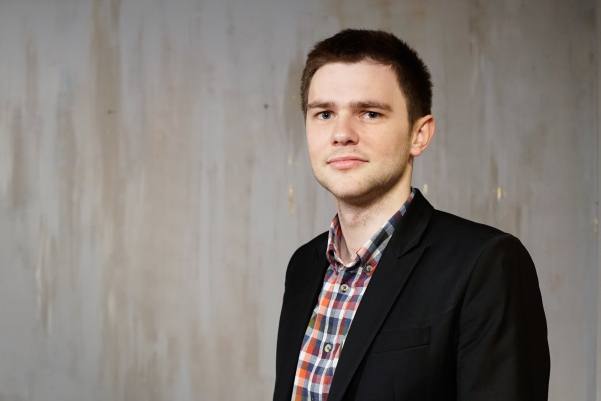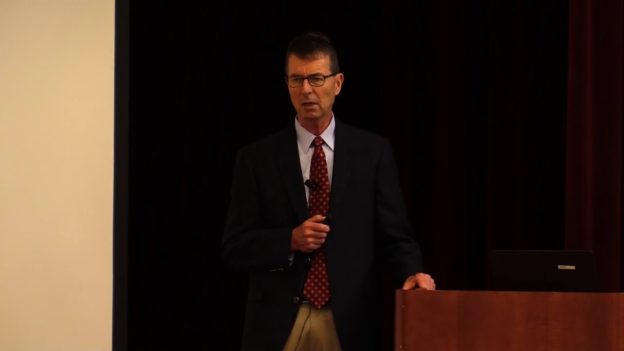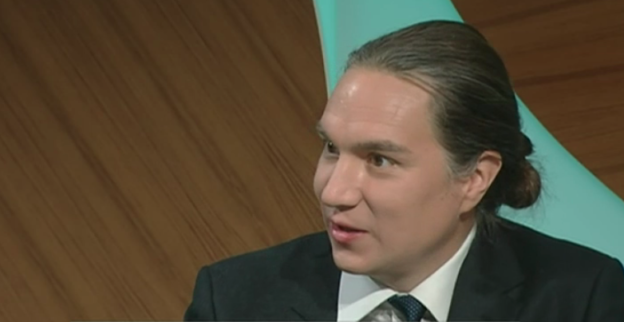GiveDirectly has been doing some of the biggest, most groundbreaking work in basic income and cash transfers. One of the first episodes of this podcast featured GiveDirectly CFO Joe Huston, and we invited him back on to discuss their village-wide basic income trials in Kenya, their work with Ugandan refugees, a new project in Liberia and with hurricane relief efforts in Texas and Puerto Rico. Joe discusses the promises and challenges of working in these different contexts.
The history of our social safety net, government benefits and anti-poverty programs are inextricably tied up with race. Racial narratives are embedded in the public discourse around these programs, and in many cases, into the laws themselves. The basic income discussion in the U.S. must inevitably include a conversation about race and racial narratives. Anne Price, who studies race and public policy as President of the Insight Center for Community Economic Development, joins the podcast to discuss these issues and how they relate to basic income.
For so many people, including both hosts of the podcast, the entry point to basic income was concerns about automation and how it could create an economy that requires many fewer employees. In this discussion episode, Owen and Jim delve into the pluses and minuses of automation’s primacy in the basic income discussion, and what a more rounded rationale for basic income looks like.
It’s easy to forget that one U.S. state administers a universal cash dividend and has for over thirty years. Alaska came into a windfall from leasing its oil lands in the late seventies and early eighties, and made the bold decision to invest the revenue in a sovereign wealth fund, which provides cash dividends to every Alaskan on an annual basis. Alaska State Sen. Bill Wielechowski joins the podcast to discuss the past, present and future of the Alaska Permanent Fund, and if it could be a model for the entire country.
Recently, as our listeners will know, the new administration in Ontario, Canada, announced that they will cancel the ongoing basic income trials there. In response, Jessie Golem, a photographer and basic income recipient, started a project called Humans of Basic Income (@HumansBasic on Twitter). Golem takes portraits of other basic income recipients in Ontario holding up handwritten signs describing what basic income has meant to them. The project both humanizes the basic income program and argues for it to continue. Jim spoke with Jessie Golem about the Ontario program and the Humans of Basic Income project.
Recently, we got a very exciting announcement from Springboard To Opportunities and the Economic Security Project: the two groups are collaborating to create the Magnolia Mother’s Trust. This program will provide an unconditional basic income to a small group of low-income African American mothers. Owen spoke to Aisha Nyandoro, who works with low-income women in Mississippi and will be leading the program.
In this unusual episode, Owen takes a break from cohosting and becomes a guest. Owen ran for California Assembly in this election cycle, and Jim interviews him on his experience. Owen goes into the surprises and challenges of being a first-time candidate, and offers advice for anyone considering a similar move.
How has the economy changed over the last generation, and what do today’s workers have to contend with that previous eras did not? Jim and Floyd Marinescu, CEO of C4Media, discuss these issues and more on this episode, which focuses on basic income from the business perspective.
Recently we got the unfortunate news that the new administration in Ontario plans on cancelling the current basic income trials. At the time of publishing, the program is still happening, and political pressure on the Ontario government may be quite valuable right now. Jim talked with Basic Income Canada Network Chairperson Sheila Regehr about what’s happening with the pilot and what people can do to push back against its cancellation.
Basic income and jobs guarantee are often juxtaposed as two policies that are mutually exclusive, politically or policy-wise. Alyssa Battistoni, writing for In These Times, suggests that both are worth fighting for, and that the two policies could work in concert. Battistoni, a PhD student at Yale in Political Theory and editorial board member of Jacobin, spoke with Jim on how these two policies might work together.
Annie Lowrey, Contributing Editor at the Atlantic, has caused a buzz with her new book “Give People Money: How a Universal Basic Income Would End Poverty, Revolutionize Work, and Remake the World.” In addition to the book itself, she has furthered the conversation with a recent New York Times op-ed and an appearance on The Daily Show with Trevor Noah. She joined the podcast to discuss her book and the reactions it’s received.
We are watching the economy change before our eyes, and Zipcar Cofounder Robin Chase has been at the forefront of that change. She gives her observations on the platform economy, automation, self-driving cars, and how a basic income could be what smoothes the transition as we move to a different type of relationship between people and their work. This is a rebroadcast of a previous episode, and the final rebroadcast in this series. New episodes coming next week.
In this episode, which initially aired last October, Jim and Owen answer listener questions from how to pay for basic income, which country will implement a basic income first and how we will get there. You can send your questions to the Universal Income Project on Facebook or Twitter, or tweet at Owen (@owenpoindexter) or Jim (@dr_pugh).
Jim continues the discussion started on the Intelligence Squared debate over basic income with Jared Bernstein, who argued against the basic income. Bernstein explains various concerns he has with the concept, focusing on existing social programs, and a similarly radical proposal: a jobs guarantee. Bernstein is a Senior Fellow at the Center on Budget and Policy Priorities and served as Chief Economist and Economic Adviser to Vice President Joseph Biden from 2009-2011.
Most arguments against the basic income can be summed up in two words: “status quo.” Owen and Jim explore the thinking behind some of the most common objections to the basic income and why these arguments are understandable but ultimately shortsighted.
Ai-jen Poo, Director of the National Domestic Workers Alliance, Co-director of Caring Across Generations, and MacArthur Genius Award recipient discusses the challenges faced by domestic workers in the U.S. and how a basic income could dramatically change things in that space.
Momentum is building in Scotland to explore basic income as a policy that can be a centerpiece of the modern social contract. While automation is often mentioned as a catalyzing force in the basic income discussion, Scotland is looking at the policy more from a social justice angle. In this episode, Owen interviews the Head of RSA Scotland and Board Member of Citizens Basic Income Network Scotland, Jamie Cooke.
A universal basic income would have myriad interactions with existing markets, and one that is worth thorough consideration is the housing market. Laurie Macfarlane, Senior Economist at the New Economics Foundation, recent speaker at TEDxTotnes, and co-author of the book ‘Rethinking the Economics of Land and Housing’ joined the podcast to discuss the various factors within the housing market and what they could mean for basic income. Macfarlane proposes a method to share wealth from rising land values, based on the Alaska Permanent Fund.
An exciting new experiment, led by Greg Duncan of UC Irvine, is launching to explore how cash transfers affect early childhood on biological, cognitive, and social metrics. Duncan joined the podcast to discuss the motivation for the experiment, what it will study, and the research to date on poverty and children.
Recently, there have been a lot of media reports on Finland’s basic income trial, some stating that it is ending, that it failed, or something along those lines. The reality is much different. To get an understanding of what’s actually going on, and what caused all those news stories, Owen spoke with Aleksi Neuvonen, cofounder of Demos Helsinki.
